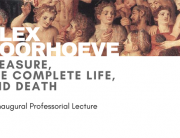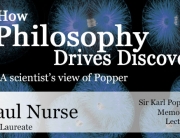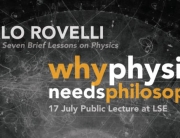Paul Menzel (Pacific Lutheran): “The Subjective Value of Life: What Is It?”
One kind of value that a person’s life has is subjective – the value of life to the person whose life it is. This value plays an important role in certain moral philosophies, in health economics and health policy, and in a wide range of normative judgments about death and saving lives. It is surprisingly difficult, however, to say just what it is we are referring to with this concept.
After clarifying its basic conceptual characteristics, I proceed to argue that substantively, the subjective value of life for individual human persons is comprised of three indispensable components: an “all-of-life” element (an aggregate of all temporal segments of a person’s life), a “time-relative interest” element (developed notably by philosopher Jeff McMahan), and the effect of highly varying reference points on both of these elements. Important different versions of the first two, especially, leave us with stubborn ambiguities. The result is that it is difficult if not impossible to say what it is we are referring to when we use the concept.
This is disconcerting for any clear use of the value of life in health benefit evaluation for moral and social policy decision making. Several responses have constructive potential, but they still leave the situation muddled. Despite difficulties in our notion of the subjective value of life, however, dispensing with it is not a viable option.



























Connect with us
Facebook
Twitter
Youtube
Flickr